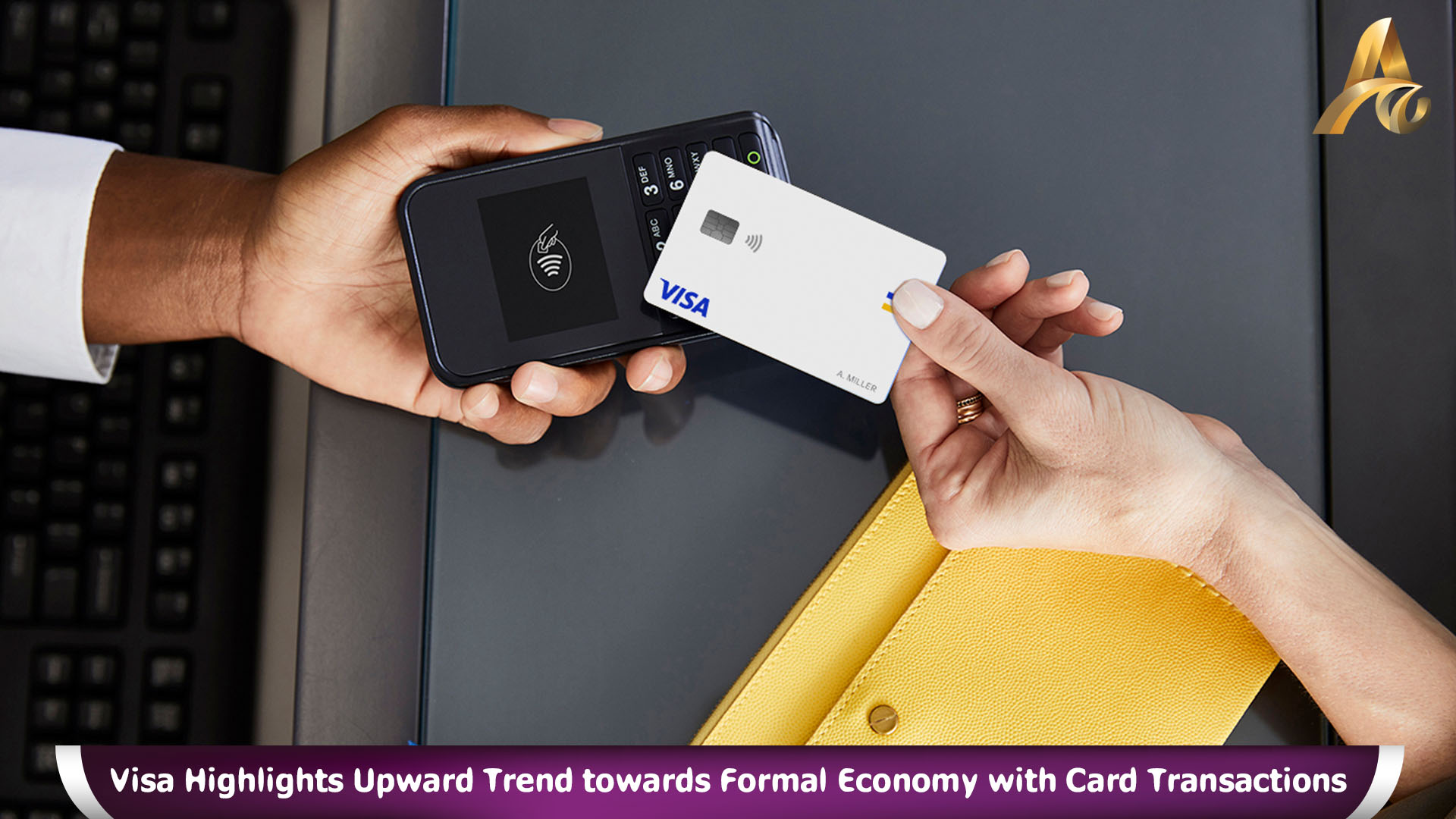PHNOM PENH: Visa released a report this week showing an increase in Cambodian consumers using credit/debits cards for payments both online and in-person. The study echoes the assessment of the Cambodian government and National Bank of Cambodia that Cambodian sellers and consumers are increasingly entering the formal economy. The study showed that while cash usage is still widespread in Cambodia, the use of credit/debit cards for payment is growing in popularity, with 35% of survey respondents saying they currently use them.
Visa’s findings are congruent with a National Bank of Cambodia report earlier this month, showing that 2022 saw the number of e-wallet accounts increase to 19.5 million and the value of retail electronic payments increased by 34% to approximately US$272 billion, equivalent to more than 9 times Cambodia’s Gross Domestic Product (GDP).
While cash usage dropped during the Covid-19 pandemic, consumers seem to be returning to using it for payments due to decreasing concern over spreading the virus through the handling of bills. With 86% of those surveyed in 2022 saying they use cash for payments, it remains a pillar of Cambodia’s payment ecosystem, which is largely attributed to Cambodia’s reliance on the “informal economy.”
According to Visa, “about half the adult world lives in the informal economy dealing exclusively in cash and facing barriers that make life risky, expensive and inefficient. Financial inclusion helps put people on a path out of poverty, creates productive empowered citizens, fosters business opportunities and fuels economic growth.”
In 2013 Cambodia’s Ministry of Commerce said that the informal economy is the most important employer for the poor inhabitants of Phnom Penh, including micro- and small enterprises, market sellers, non-permanent labor workers, moto-taxi drivers, and domestic helpers. In recent years, however, more and more Cambodian workers in all industries are being included in the formal economy through things like ride-share apps and government initiatives to inscribe informal employees to its National Social Security Fund, which provides a layer of protection for Cambodian workers. This year, workers in Cambodia’s nightlife industry and tuk tuk drivers were allowed to join the NSSF.
Both Visa and the Cambodian government are trying to promote digital transactions as a regular form of payment. According to Visa, digital payments are often the first formal financial product a person uses, and serve as a pathway to financial inclusion. The Cambodian government and the National Bank of Cambodia recently announced transnational QR payments with China after launching the initiative with Thailand in June. According to a Visa report earlier this year, QR code usage continues to grow annually with 68% of consumers saying they use QR for payments, up from 36% in 2021 and 12% in 2020.
























